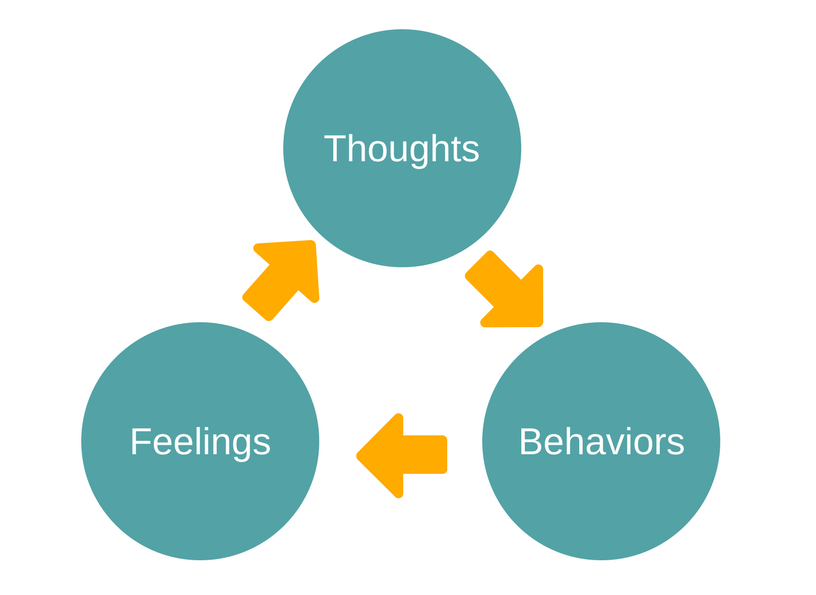Ten Stunning Examples Of Beautiful Rehab In Thailand
페이지 정보
작성자 Lyndon Hincks 작성일 24-01-07 12:02 조회 16 댓글 0본문
 Introduction:
Introduction:Drug addiction is a complex and really serious issue that affects individuals, households, and communities globally. It is a chronic, relapsing brain condition characterized by compulsive medication seeking and use despite harmful effects. This report aims to provide a brief history of drug addiction, its factors, effects, and prospective solutions.
Causes of Drug Addiction:
There are many different elements that play a role in drug addiction. The initiation and intensity of medication usage are impacted by genetic, ecological, and psychological elements. Some individuals may have an increased vulnerability to be hooked considering hereditary predispositions. Ecological elements, including peer force or experience of medicine availability, may play an important role. Also, psychological state conditions, youth stress, and stress increases the likelihood of building an addiction.
Consequences of Drug Addiction:
Medicine addiction has damaging consequences not merely when it comes to people experiencing it but also for their loved ones and communities. It causes real and psychological harm, including organ damage, reduced cognitive purpose, and enhanced risk of mental health problems. Long-term drug abuse can severely influence an individual's individual interactions, job opportunities, and general total well being. Additionally, drug addiction places an important burden on health care methods and contributes to unlawful activities and personal instability.
Global Influence:
Drug addiction is a worldwide crisis influencing countries throughout the world. In accordance with the us Office on Drugs and Crime (UNODC), more or less 269 million people worldwide used drugs at least one time in 2018. Moreover, approximately 35 million people suffer with drug use disorders, with opioid addiction being a substantial concern. The economic prices of drug addiction are staggering, including health expenditures, lost output, and unlawful justice expenditures.
Protection and Treatment:
Prevention strategies are very important to tackling medicine addiction. Knowledge and awareness programs that focus on the risks of medicine use can really help deter people, particularly teenagers, from tinkering with drugs. Furthermore, guidelines that restrict drug accessibility and control prescription methods can play a substantial part in stopping drug use.
With regards to treatment, a comprehensive strategy which includes medical, psychological, and social treatments is important. Detox, guidance, and behavioral treatments are generally made use of treatments. Medication-assisted therapy (pad) can be efficient, specifically for opioid addiction. However, usage of these remedies stays limited in lots of areas, rendering it required to deal with obstacles to treatment availability and affordability.
Summary:
Drug addiction is a complex societal concern that poses considerable challenges worldwide. Its reasons are multifaceted, including hereditary, environmental, and emotional aspects. The effects of addiction tend to be harmful to people, families, and communities, affecting physical and mental health, connections, and socio-economic security. Protection attempts, plus extensive therapy approaches, tend to be vital for dealing with this crisis successfully. To fight drug addiction, a collaborative effort between governing bodies, healthcare providers, communities, and people is needed to boost understanding, provide support, and enhance usage of treatment sources. Only through concerted attempts can hopefully to ease the duty of medicine addiction and pave just how for a more healthy and better future.

댓글목록 0
등록된 댓글이 없습니다.